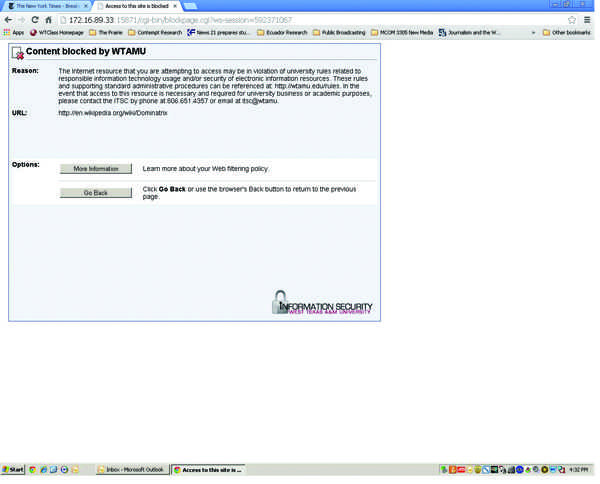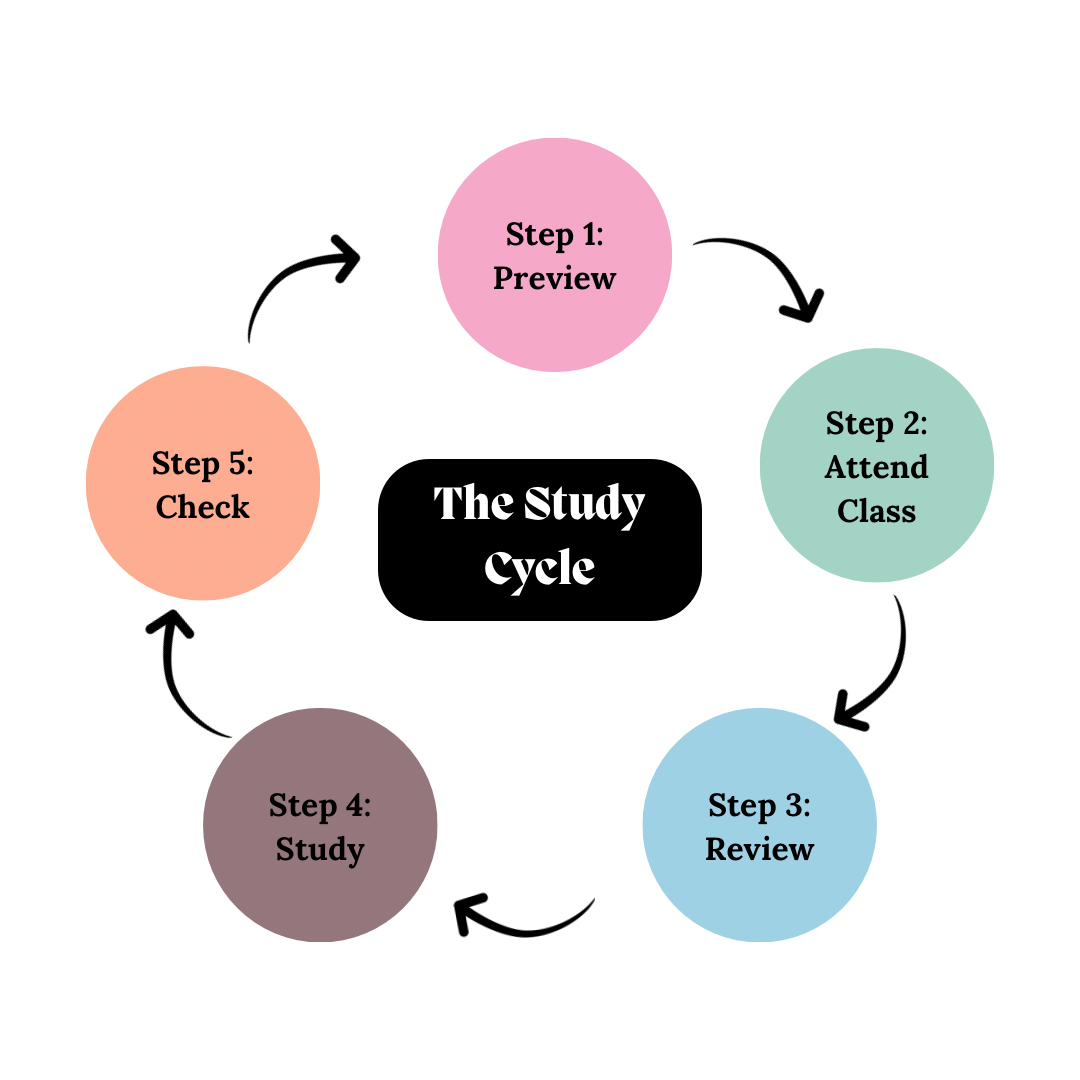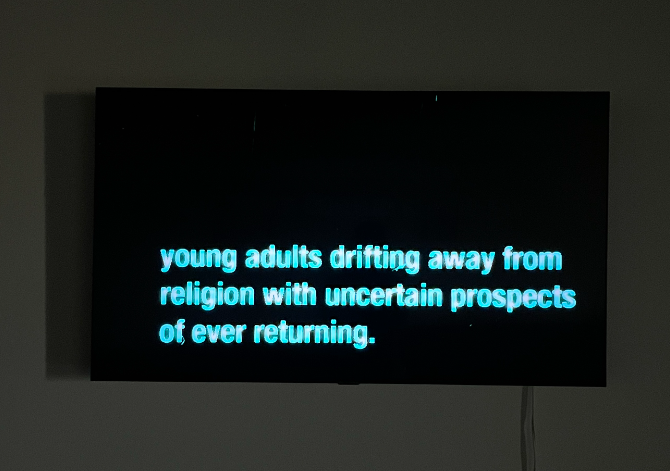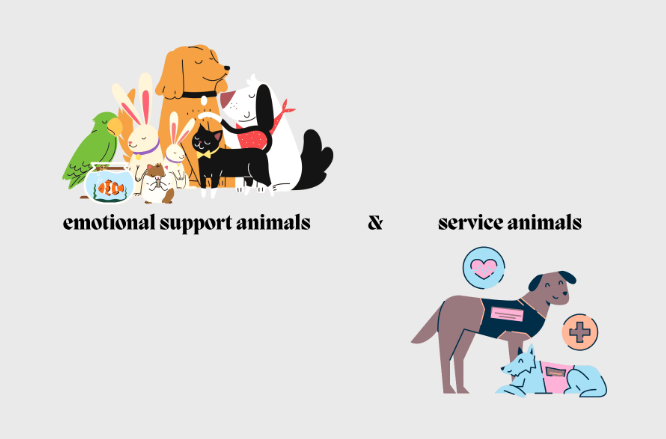
While faculty and staff of WTAMU have trouble accessing certain websites on university computers and the university network, students don’t have these restrictions.
Through initial research with a faculty volunteer, websites containing terms such as “corsets,” “origin of the word virgin,” “virginity,” “dominatrix,” and in an extreme instance, “Girls Gone Wild,” were blocked to the faculty computer but not to the student computer, which are both property of the academic department.
Some faculty members find this unfair and confusing, but the WT Information and Technology Department said it has valid reasoning for blocking harmful content that could cause security issues on faculty and staff computers.
“The fundamental difference is the administrative network has data and systems,” James Webb, Chief Information Officer, said. “The student network doesn’t. Faculty and staff are connected to the administrative network. We have to put in a security program to safeguard those systems and that data.”
By law the IT department is required to have security policies in place because WT is an institution of higher education.There are multiple firewalls installed and antivirus software running on computers across campus.
“Today, that’s really not enough. There’s new forms of attacks on the Internet,” Webb said. “We get legitimate emails, or it looks legitimate, to faculty and staff and it’s got a web link. If they get phished and they click that web link they could get infected with malware.
“Sometimes the antivirus software running on their desktop doesn’t pick it up because it’s a new enough variant of malware,” Webb said.
If faculty and staff computers get phished or hacked, student information could be compromised. Students don’t have access to the databases and systems that faculty members do so the filtering system is in place to prevent security breaches on faculty computers.
“There is a difference between now and when the software was very first put in,” Linda Chenoweth, head of Reference Services, said. “We became aware of it very quickly and had a meeting with IT. They changed those settings immediately.”
This issue was brought up in a Faculty Senate Meeting on Nov. 8. Faculty and staff members can call IT and get terms or sites put on a white page list and this will allow them to continually get access to the site.
“I think it’s something we’ll continue to pay attention to and notice if it’s really causing problems for faculty members,” Dr. Kristina Drumheller, Associate Professor in the Communication Department, said. “It won’t be an immediate alteration by any means but if we’re finding that faculty are continually being inconvenienced because their actual research, and it’s cumbersome for even IT to continually unblock those, then it will be something we have to address in the future.”













